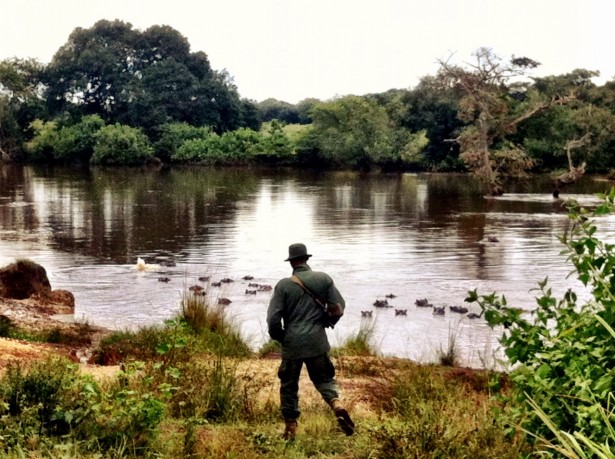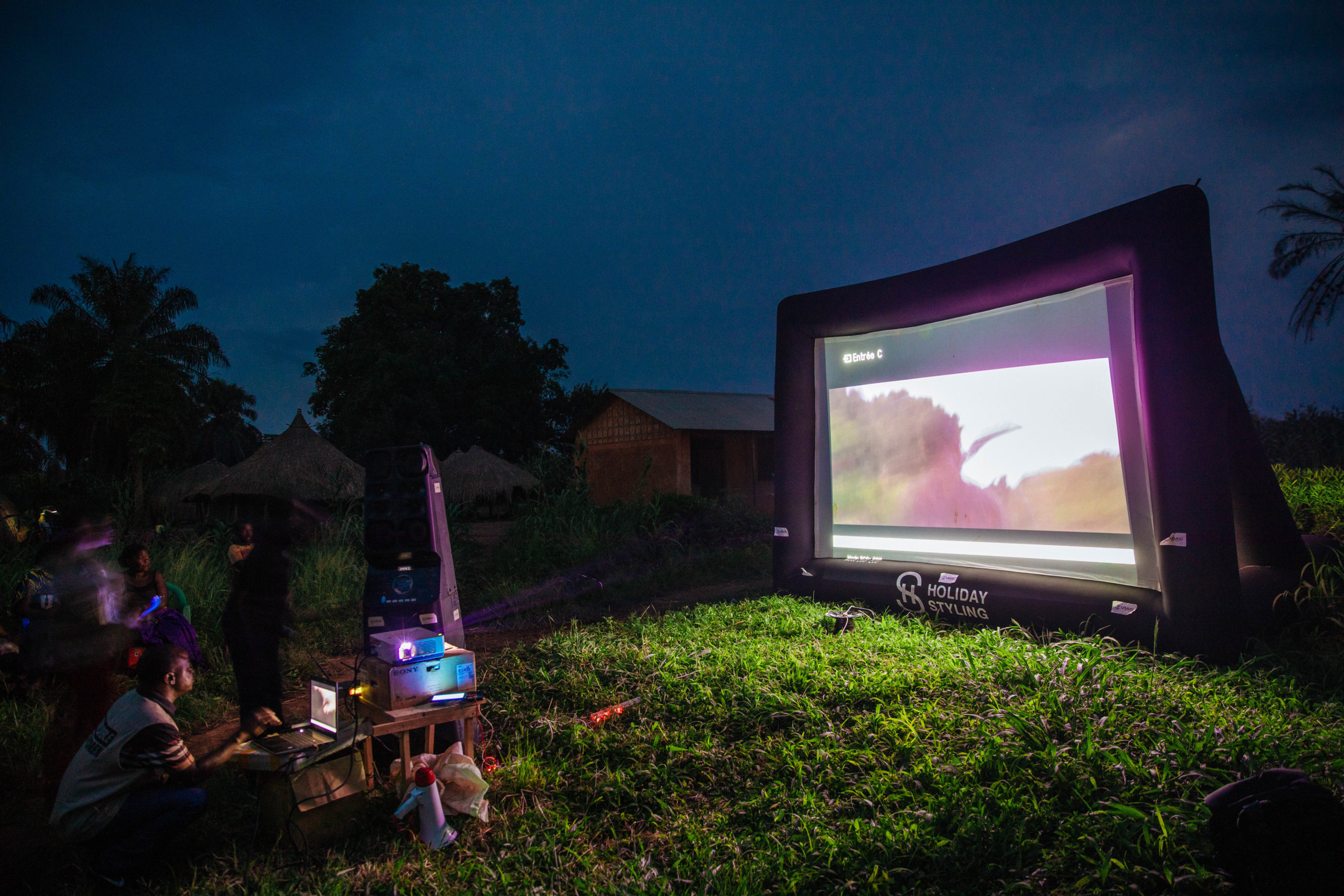July 31 is World Ranger Day. On this day, we honor the courage and sacrifice of park rangers, who bravely protect our planet’s precious wildlife. Today we recognize the crucial and incredible environmental conservation work that Rangers do.
Rangers Protect Wildife and Human Communities
What is a ranger? If you picture a ranger, it is unlikely that two people will imagine the same person. That is because there is no set definition or job description. Rangers work globally, in very diverse environmental contexts. Rangers are conservation professionals that are the backbone of global biodiversity management and environmental protection efforts.

Poaching, and other forms of environmental exploitation often contribute to cycles of violent conflict and the vulnerability of human communities. So, as part of our work to end violent conflict, we help build bridges between park rangers and local communities. Community involvement is crucial to successful conservation and violence prevention.
To do this, we created the short narrative film, Ani Wa Sa (We Are One), as part of the USAID-funded Community Resilience in Central Africa (CRCA) Activity. It highlights the importance of conservation in building a safer and thriving central Africa. Ani Wa Sa features local actors and actual Rangers from Garamba National Park in northeastern Democratic Republic of Congo (DRC). We partnered with international and Central African filmmakers, conservation experts, and local community leaders to create Ani Wa Sa.
Watch Ani Wa Sa
Engaging Local Communities to Create Solutions
Ani Wa Sa is one of three films that we have created as part of our Mobile Cinema program. These films use the power of story to engage communities in the role they can play to end violent conflict and promoting peace. Following screenings of the film, Invisible Children and CRCA partners guide dialogue sessions. These provide a powerful opportunity for communities to discuss the issues they face, voice concerns, and develop solutions.
To date, we have facilitated 257 screenings of Ani Wa Sa in communities in northeastern DRC and the Central African Republic (CAR). Seventy-four percent of screening participants who were surveyed indicated a willingness to take action to support conservation.

The work of rangers is essential to preserving biodiversity, protecting ecosystems, and preventing violence related to wildlife exploitation. By engaging communities in conservation alongside rangers, we are helping to improve the safety of wildlife and human communities alike.
Learn more Ani Wa Sa and our other Mobile Cinema films

Programs described in this blog are made possible with the support of the American People through the United States Agency for International Development (USAID). The contents of this post are the sole responsibility of Invisible Children and do not necessarily reflect the views of USAID or the United States Government.
Think people should hear about this?